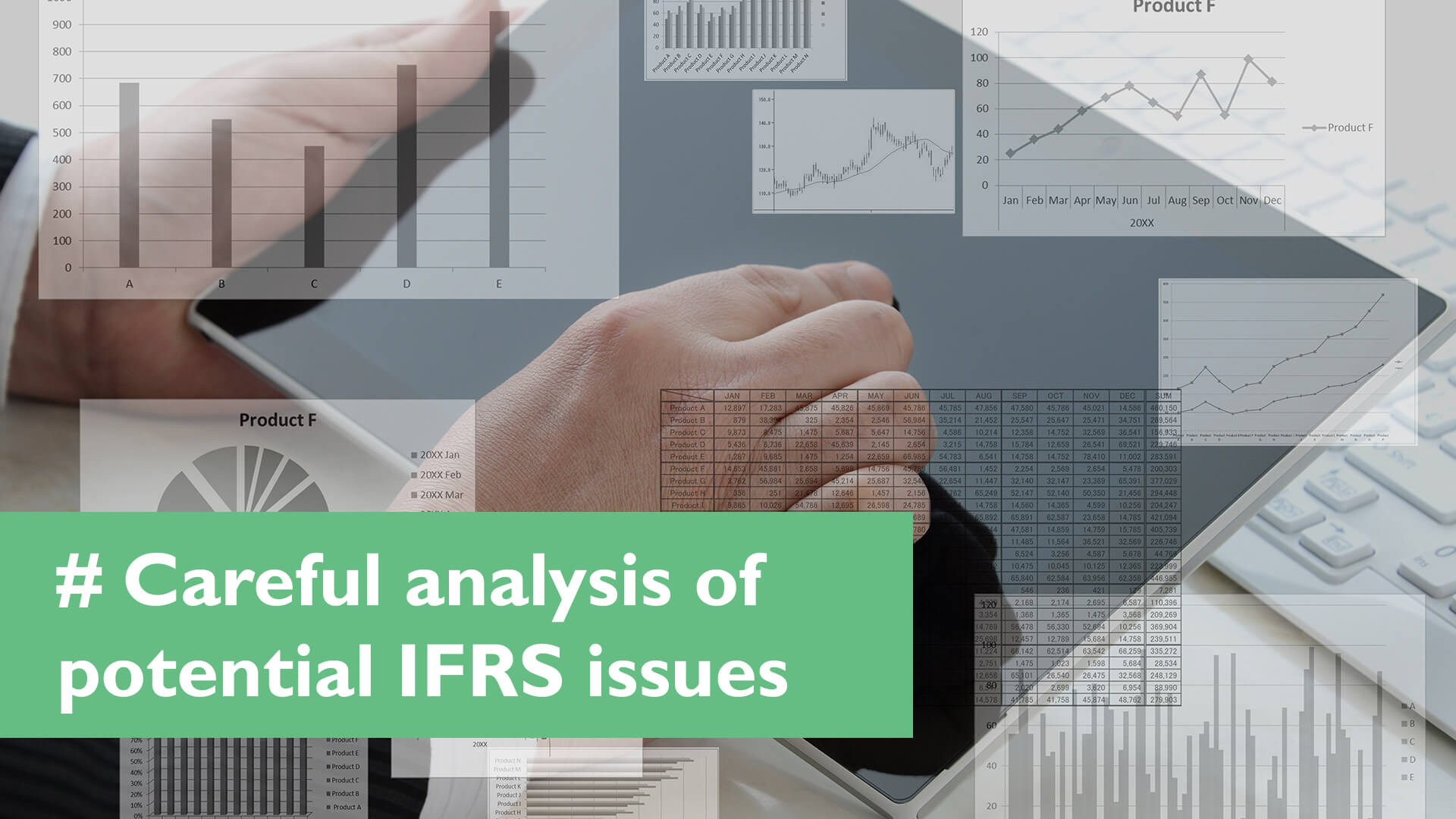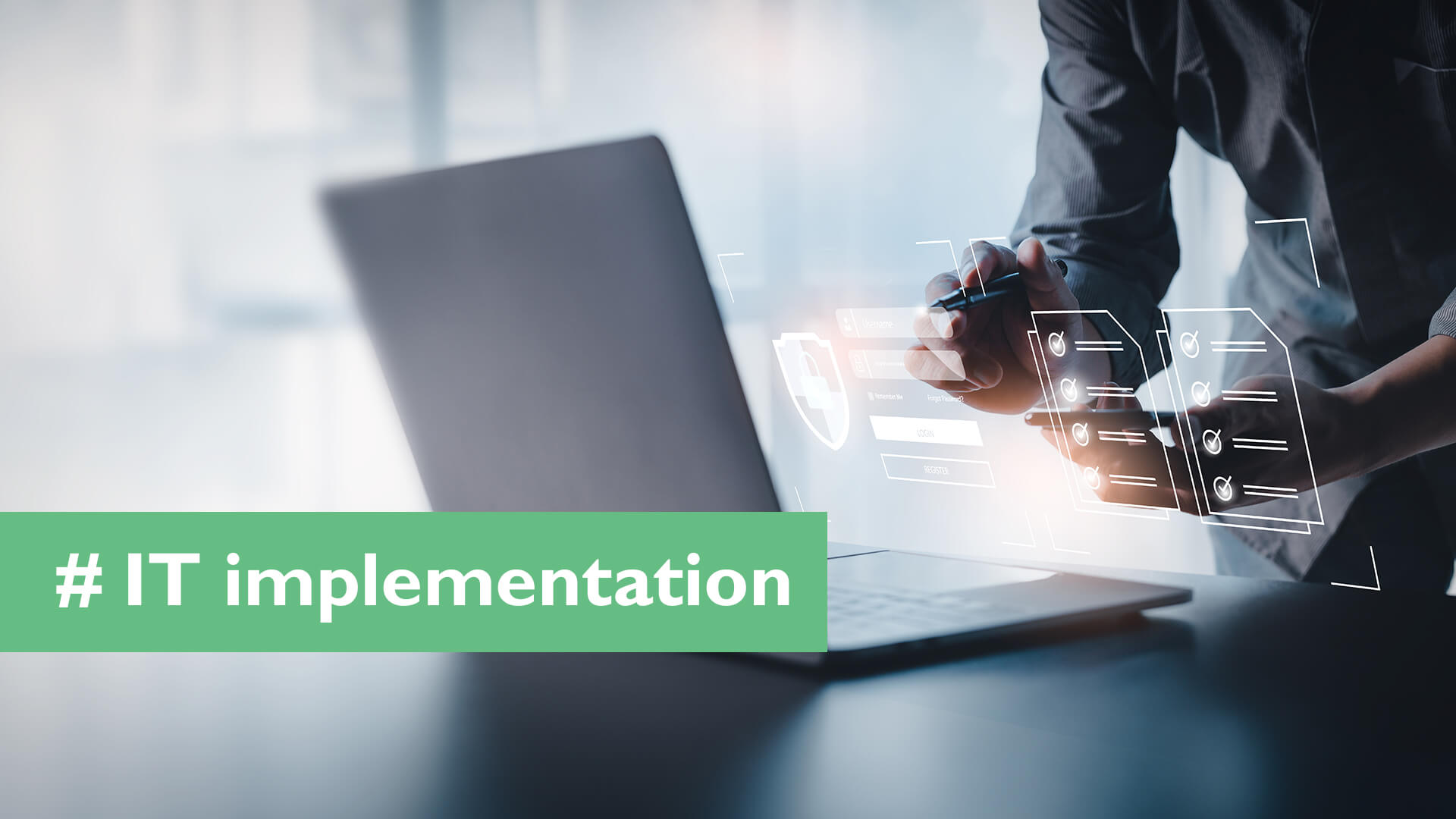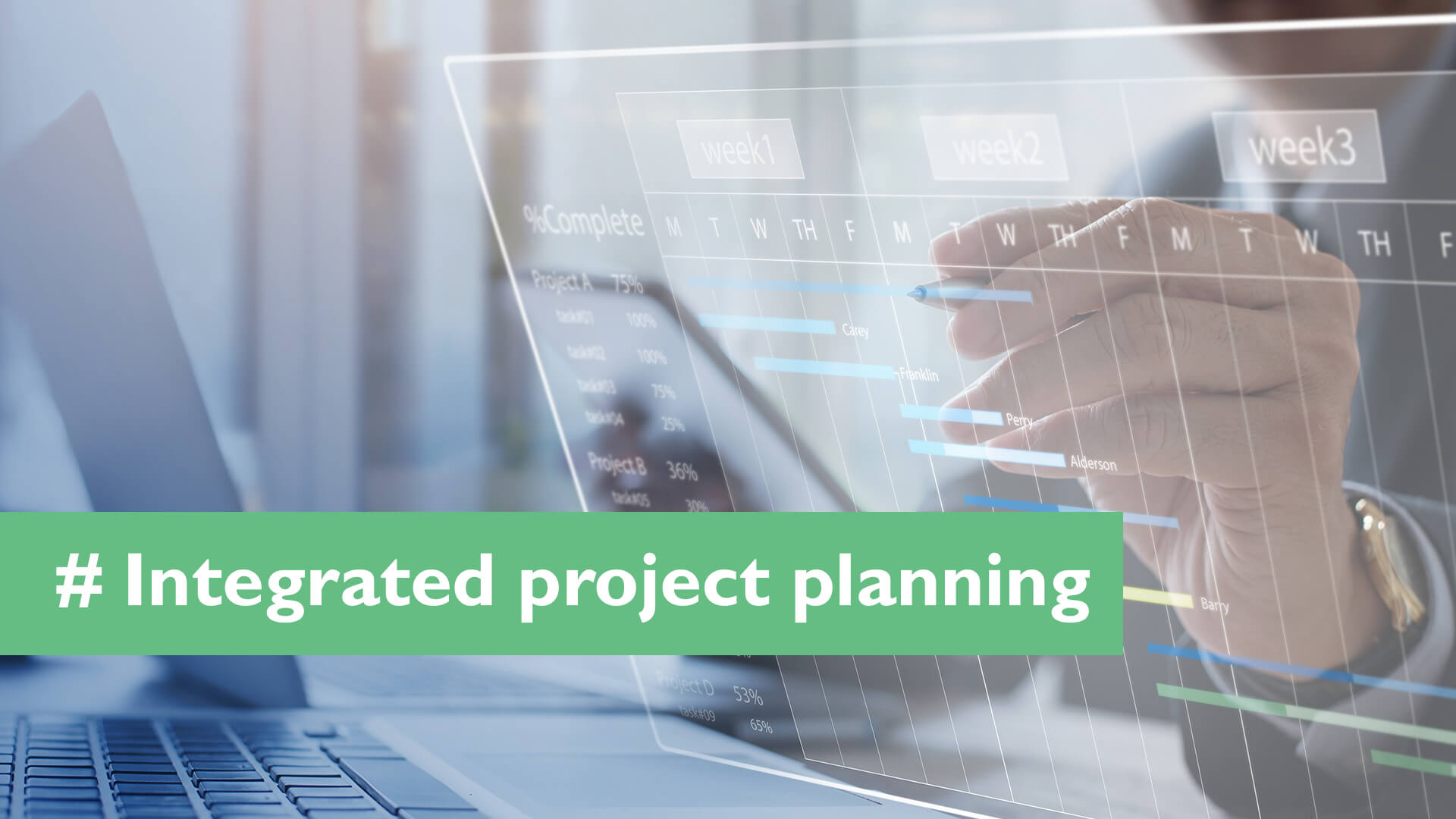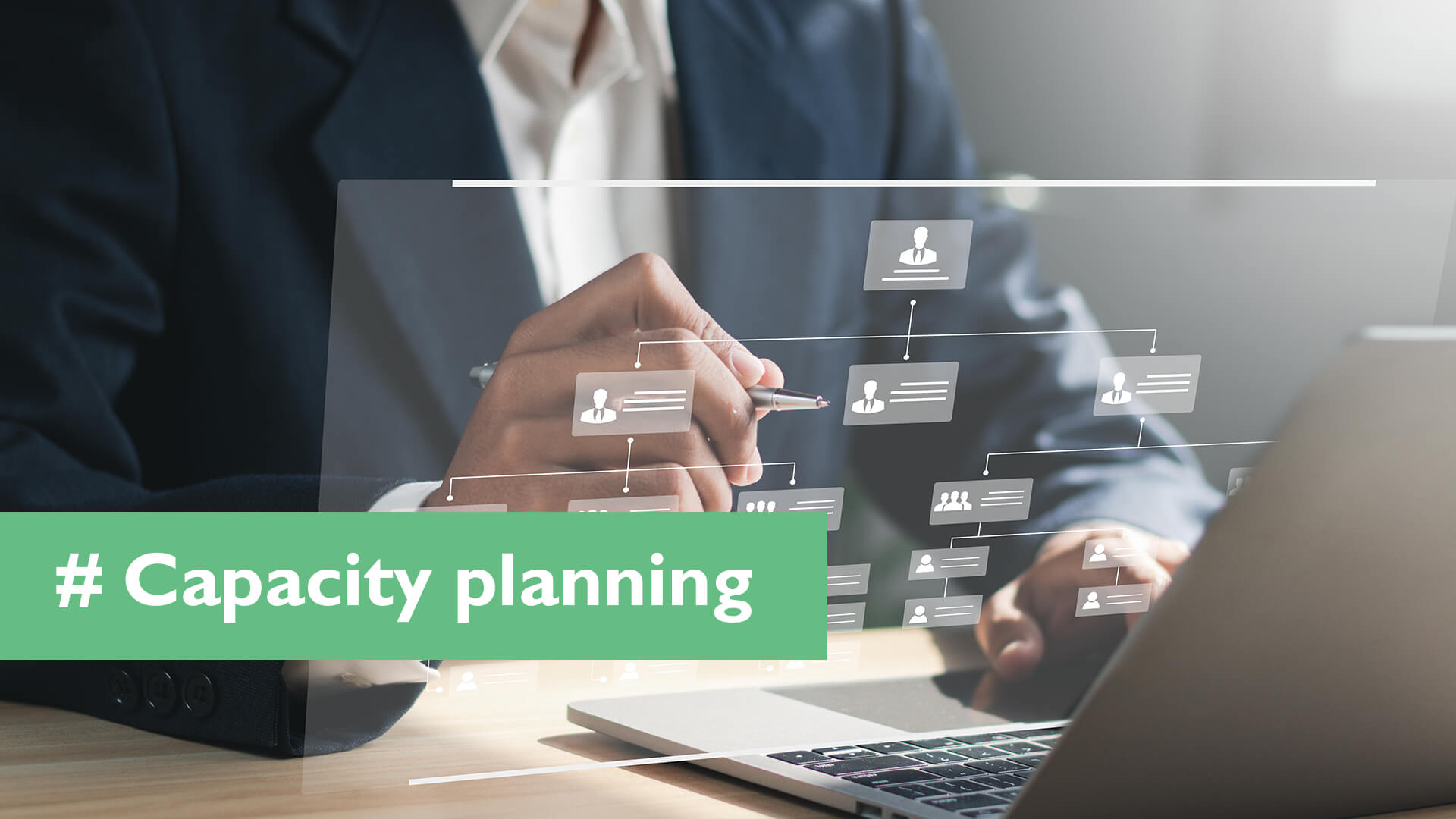In practice, there are many reasons for a company to convert its financial statements to IFRS. These include, but are not limited to, the following occasions:
- Potential IPO (in Europe or the U.S.).
- International investors
- Internationalization
- Acquisition by an international group
During many IFRS conversions supported by PAS consultants, some key factors have emerged that are crucial for project success:

In course of almost every IFRS conversion accounting related surprises occur. These must be discovered as early as possible to ensure that the project progresses efficiently and as quickly as possible.
In many cases, despite very comprehensive knowledge of the specifics of the individual units, the corporate headquarter is not fully aware of all accounting issues relevant for the IFRS conversion.
A means of uncovering (accounting) surprises is a so-called "scoping questionnaire", by which all accounting issues with IFRS relevance are queried at the individual units of the Group.
The questionnaire also forms an important basis for documenting the completeness of the necessary IFRS adjustments to the auditor and ensures that no "showstoppers" occur for the advised timeline of the project during the course of the project.
Our recommendation:
Analyze the relevant IFRS topics as professionally as possible at the beginning and invest sufficient time for valid project planning!

In the context of an IFRS conversion, not only the successful solution of the technical accounting issues (e.g. revenue recognition, leasing, financial instruments) is a prerequisite for the successful course of the project, but also the implementation in the finance IT of the converting company
Since the aim of the company undergoing conversion is to produce stable IFRS financial statements, in the vast majority of cases (permanent) implementation within the framework of e.g. Excel reconciliations will not be expedient.
Therefore, within the scope of the IFRS conversion, it is also necessary to regularly introduce suitable tools for finance IT. On the one hand this includes tools or software-modules that support accounting issues (e.g. with regard to IFRS 16 "Leasing", IFRS 15 "Revenue Recognition" or IAS 12 "Income Taxes") and on the other hand finance IT solutions that significantly facilitate the legal consolidation or the preparation of the notes.
The direct integration of these solutions into the "Finance IT structure" significantly facilitates the ongoing preparation of IFRS Financial Statements and leads to efficient and digital processes (without a minimization of documents generated by the MS-Office applications "Excel" and "Word").
Our recommendation:
Integrate the selection of Finance IT solutions right at the start of the project and implement the tools simultaneously with the accounting conversion!

An IFRS conversion is a complex project which extend the scope of the accounting function.
Other important levels of consideration are e.g. the effects of an IFRS Conversion on KPIs, remuneration and other management-relevant information.
In addition to the accounting function, other departments (e.g., controlling, treasury, tax, IT) and management should therefore be involved in the process as early as possible to avoid surprises.
Our recommendation:
Bring all relevant stakeholders to the table at the start of the project!

The IFRS Conversion is a project lasting several months, which will require both internal and (in the case of consulting support) external capacities.
For efficient project implementation, it is therefore crucial on the company side that it succeeds in granting its employees time to fulfill the relevant issues (with external support, if necessary).
If possible, it is recommended that the IFRS conversion be staggered to coincide with the very busy periods in accounting (e.g., preparation of the annual and consolidated financial statements) and be carried out when there is more capacity.
Many companies therefore carry out IFRS conversions "between two annual financial statements", which is generally highly recommended to ensure efficient project implementation.
In some cases, however, this is not possible, e.g. due to a planned transaction, so that the project has to be performed in parallel at very intensive times in the day-to-day business.
Our recommendation:
Organize the IFRS conversion (if possible) as a "summer project"!
